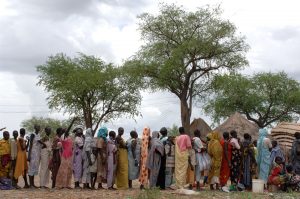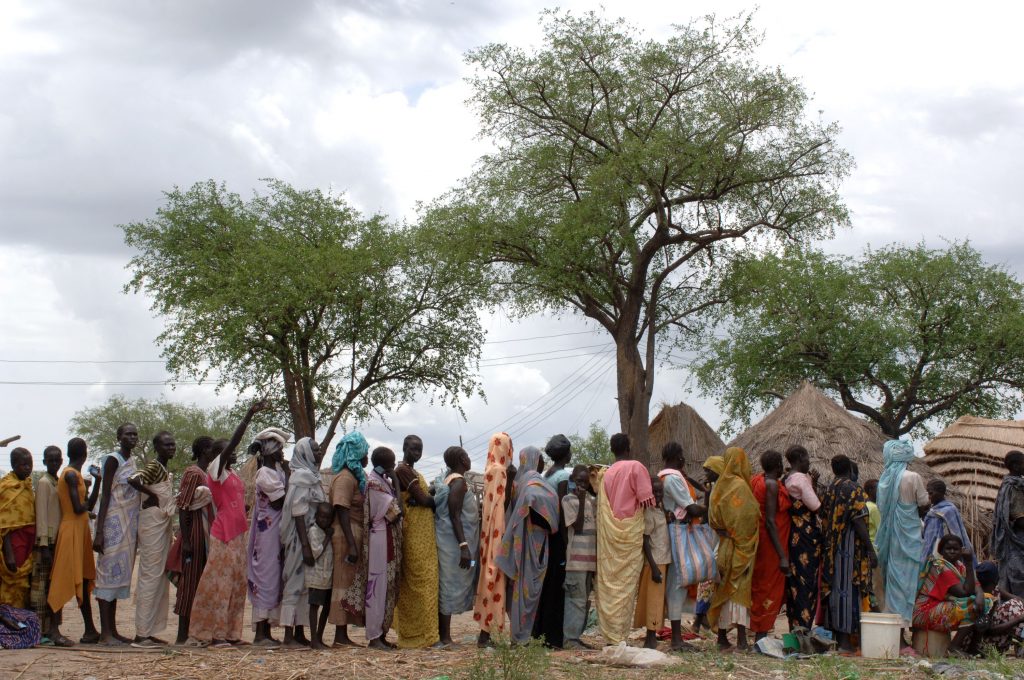According to the UN Secretary-General’s most recent report on Abyei, the humanitarian situation has remained relatively stable. Nevertheless, the people in the contested area, claimed by both Sudan and South Sudan, are in need of assistance.

The presence of armed elements, sporadic inter-communal conflict, and the absence of public institutions and government services continue to drive humanitarian and recovery needs.
Pointing to the report, the UN Office for Humanitarian Affairs (OCHA) in Sudan states in its latest weekly bulletin that approximately 160,000 people are in need of some form of assistance in Abyei.
About 20,000 Ngok Dinka remain displaced after fleeing south of the Bahr El Arab River in 2011. Since April 2016, some 13,000 Ngok Dinka have returned to their areas of origin as a result of a gradual improvement in the security situation, though many continue to commute to areas further south to access education and other services. Many have settled very close to the UN Interim Security Force for Abyei (UNISFA) operating bases. Furthermore, about 8,000 South Sudan refugees remain in the area and receive humanitarian assistance across all sectors.
The failure by the parties to establish the Abyei Area Administration, and the resulting sense of insecurity, have hampered governance, the rule of law and the sustainable provision of public services, presenting a considerable impediment to the sustainable return of displaced people, the OCHA bulletin reads.
In addition to the Ngok Dinka, there are approximately 25,000 Misseriya in Abyei and 35,000 seasonally nomadic Misseriya who entered the area in late 2016 and are expected to return in mid-2017, the UNSG report said.
Funding for humanitarian activities however is scarce, including in the health sector, and engagement is mostly limited to humanitarian assistance, except for quick-impact projects that are allocated by UNISFA.
The International Organization for Migration, often in collaboration with international NGOs, helps with the implementation of quick-impact projects. The activities of international NGOs (funded directly by donors or through UN agencies) cover all sectors, including nutrition, water, sanitation, hygiene, and livelihoods. These activities are conducted almost entirely in the central and southern parts of Abyei.

